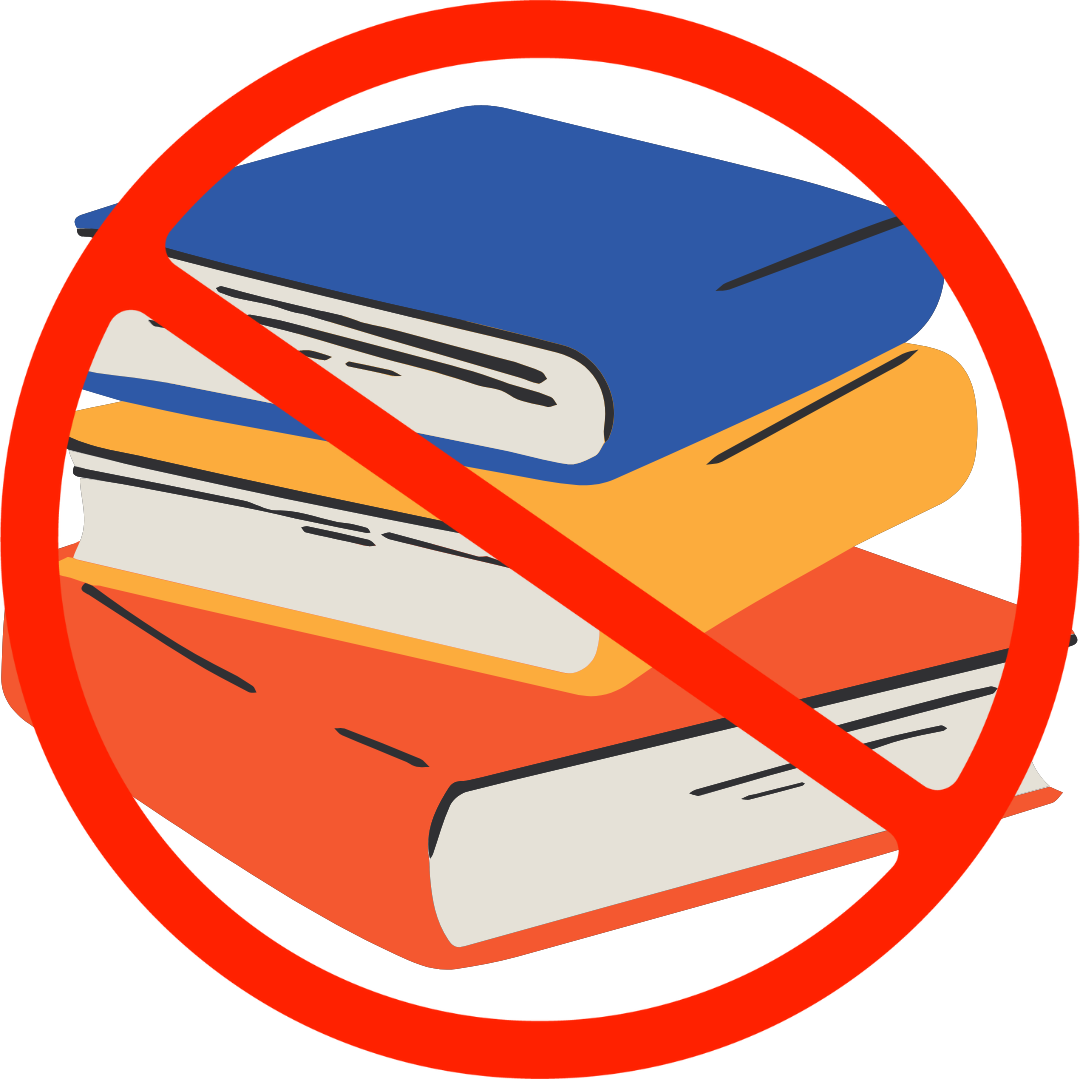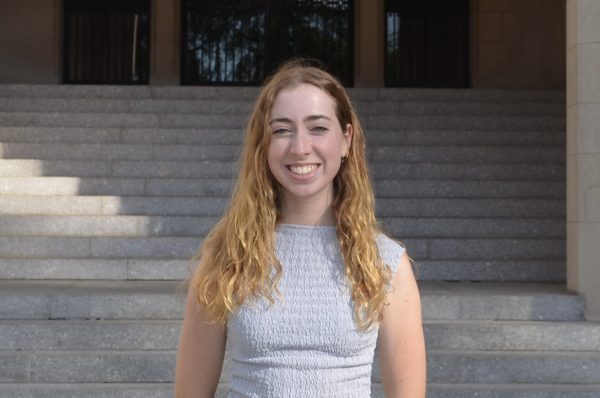Schools should not be able to ban books, yet Florida has put into effect a book ban law that prohibits books deemed pornographic from appearing in school libraries. The six major publishing companies, Penguin Random House, Hachette Book Group, HarperCollins Publishers, Macmillan Publishers, Simon & Schuster and Sourcebooks, as well as The Authors Guild and other prominent book authors, have filed a 94-page lawsuit against the state of Florida. They declared the law to be unconstitutional — a violation of the First Amendment that gives people the freedom of speech.
Florida’s recent education House Bill 1069, put into effect in 2023, requires school districts to have a system in which parents can object to anything they consider pornographic or inappropriate. However, according to The Guardian, “the law has been abused by rightwing activists who quickly realized that any book they challenged had to be immediately removed and replaced only after the exhaustion of a lengthy and cumbersome review process.” Many classics have been banned, and the publishers who filed the lawsuit claim that many of these banned books were not pornographic, thus questioning the selectivity of the book ban.
Hundreds of books have been banned. The Guardian specifies that the works of Judy Blume, Margaret Atwood and Stephen King have been “purged from school libraries… including some American classics such as ‘Brave New World’ by Aldous Huxley, ‘For Whom the Bell Tolls’ by Ernest Hemingway and ‘The Adventures of Tom Sawyer’ by Mark Twain.” Even Anne Frank’s “The Diary of a Young Girl,” in which she narrates her experience in the Holocaust, has been removed from library shelves. Although this specific case is happening in Florida, it is not exclusively occurring in conservative states — my grandmother fights book bans in her small town within a blue state. This is a national issue that needs attention for the sake of future generations.
Books should not be banned because these bans limit the knowledge students have available to them. Students will be limited to certain experiences, accounts and perspectives written by specific authors, whether it be fiction or nonfiction. Even fictitious novels are crucial because they give insight to a multitude of characters that all represent real-life groups of people and their experiences. What is fiction, for better or worse, if not a portrayal of what the world could be? Students require these stories in order to empathize with people other than themselves, and learn more about the world: past, present and imagined future.
I remember reading “The Perks of Being A Wallflower” in my ninth-grade English class. I had been disturbed by the graphic content of the young adult novel. Even though I was disgusted by certain moments of material, it educated me on the topic in an important way: experience. Reading is the art of experiencing with no strings attached. It allows people of today to experience moments of history, something a friend could be experiencing, or something mature that maybe their parents will fail to educate them on. There are no immediate consequences to reading — what matters is what one does after reading. Banning books won’t do anything for children who are looking for inappropriate content or content with mature themes. The internet is too vast nowadays to fully guard children from that kind of material.
I do not believe books should be banned from schools, but I do think that the books offered in schools should be carefully chosen. Naturally, I do not believe that books containing graphic sex scenes should appear in elementary or middle school libraries. But the act of banning these books is the danger of the matter. Banning a book gives it a bad reputation — and also the author, damaging their reputation and their story and creating a false notion that their books are offensive. As Dan Novack, vice president and associate general counsel of Penguin Random House said, “Students need access to books that reflect a wide range of human experiences to learn and grow. It’s imperative for the education of our young people that teachers and librarians be allowed to use their professional expertise to match our authors’ books to the right reader at the right time in their life.” A book suitable for mature audiences that has appeared in an elementary library does not mean it is a bad book — it means that someone overlooked the content of the novel. Therefore, instead of banning books, we must put trust in educators to evaluate the novels they put in their libraries and classrooms so that students will not lose access to a wide range of viewpoints.
There is a danger in banning books because the books we read teach us empathy. Reading is the act of walking in someone else’s shoes and allows us to travel to the past and future. It warns us of history repeating itself and teaches us the dangerous consequences our actions can have. If books are banned, we will lose those qualities and opportunities and find ourselves in the dystopian world these banned books once warned us about. One of the many banned books I have read is “Fahrenheit 451” by Ray Bradbury. I think it is ironic and necessary to recognize that the book’s dystopian society could very much become a reality if the act of banning books catches fire.
Sophie Maselli, FCRH ’26, is an English major from Milford, Conn.











































































































































































































